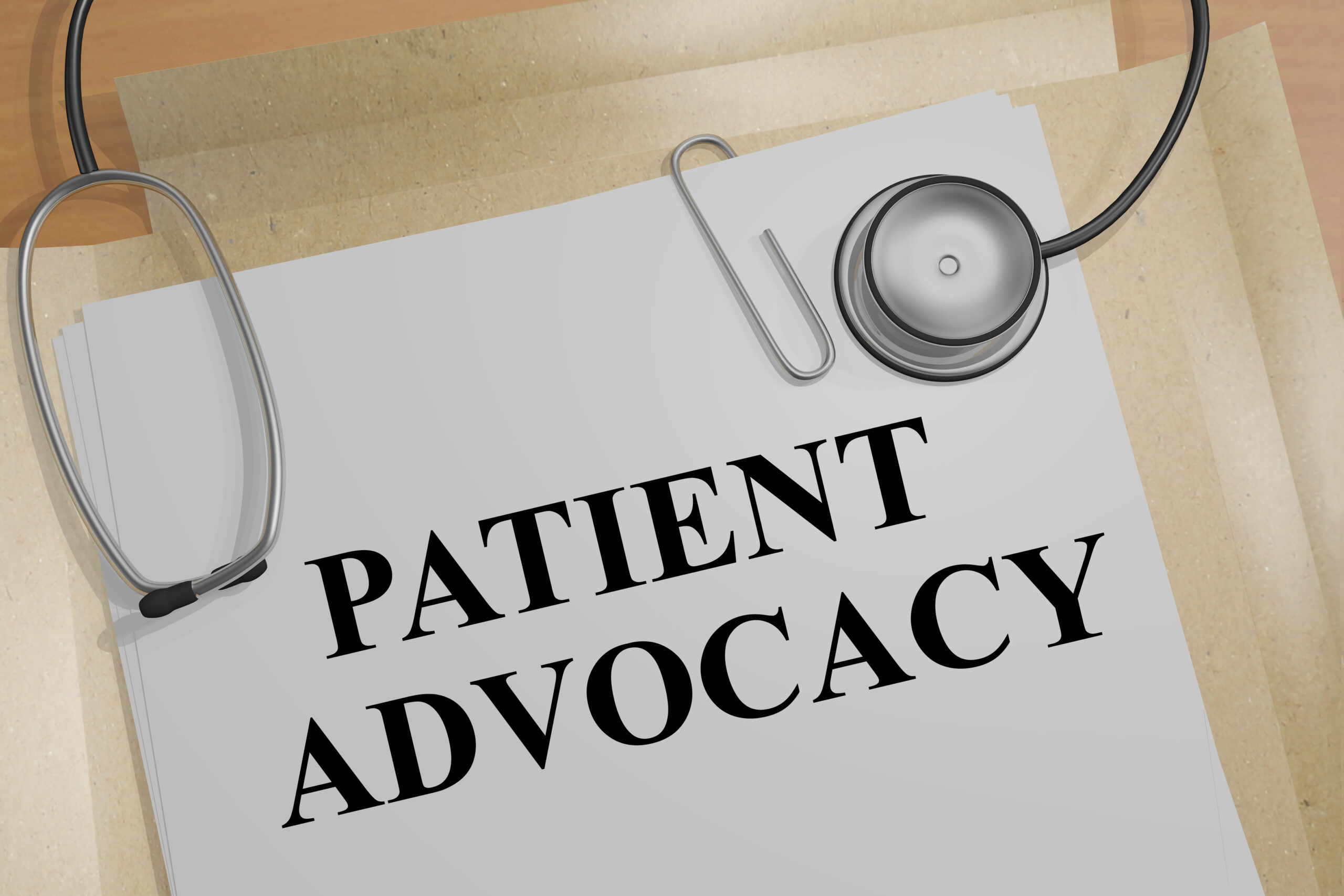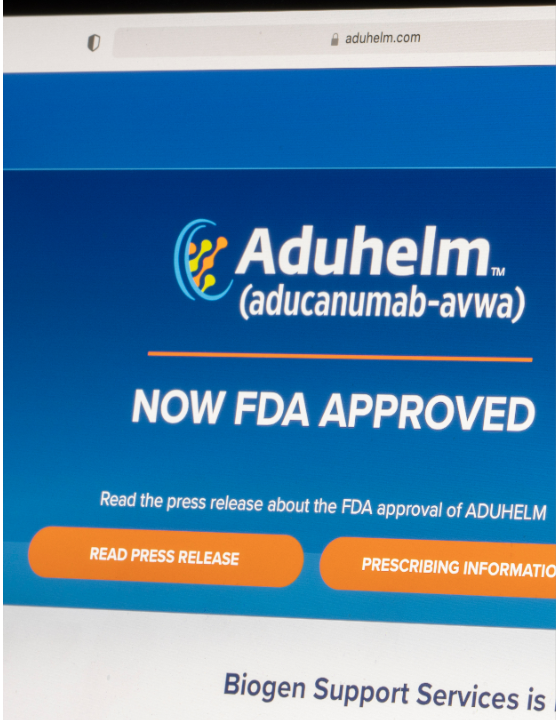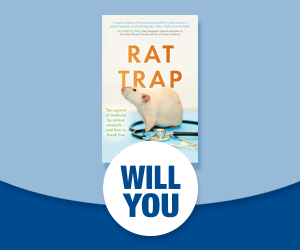Hello. In these ever-changing times, the team here at Safer Medicines Trust felt it may be useful to provide our supporters with some interesting news from all things related to medicines development, hence this new blog page. Latest posts at the top.
Please let us know of any topics you would like us to cover and any feedback you may have on the blogs themselves.

Many people live with debilitating conditions and life-threatening diseases for which there are no treatments and often they are in the terrible position of having to wait for the scientific advances to reach the market, even though these patients lack the luxury of time.
A recent opinion piece by Margaret Goldberg, President and Chief Operating Officer of the Christopher & Dana Reeve Foundation suggests that novel partnerships between patient advocacy groups and pharmaceutical and medical device companies are emerging as one of the driving forces behind the creation and accelerated development of products that are fit for purpose and of real benefit to patients.
These relationships can accelerate the rate of progress by creating an understanding that speeds and better directs drug and therapy development by allowing companies to draw on the deep knowledge and personal connections of patient advocacy groups. They know what’s important to patients and what will provide the biggest impact in their lives. Those with lived experience of disease or disability inform the creation of products that are fit for purpose by contributing input all along the way, from research and development to market rollout. These expanded partnerships are a win-win-win for patient advocacy groups and companies and, most of all, for the people waiting for scientific advancements to improve their lives. While strongly supportive of such initiatives, there are potential opportunities for exploitation of such relationships which may lead to patient groups, unwittingly or otherwise, promoting new drugs so it is pertinent that these partnerships are subject to relevant checks and balances. The creation of patient advocacy teams within pharma and guiding principles of engagement, such as that seen at GSK, would alleviate such concerns.
Related: The history of patient engagement in drug discovery; How drug developers are embracing patient advocacy; How regulatory agencies are collaborating with patients; James Lind Alliance.

A question in Parliament from Chi Onwurah, the Shadow Minister for Business, Energy and Industrial Strategy on 6th July 2021 challenged the Government on its funding commitments for medical research. Ms. Onwurah had recently visited Newcastle University’s dementia research centre where she found that many scientists had lost grants as COVID devastated medical research charities excluded from Government support. Many post-doctoral scientists doing fundamental research into this terrible disease, were working two jobs at once or working for free and were unable to apply for funding in their own name. Additionally, institutes were closing or had closed as the Government’s international development funding was slashed.
Despite promises of £50m funding from BEIS and £5m from DHSC to support early career researchers, this money is clearly not reaching those biomedical scientists and we should question what further research will be impacted by these cuts. Research of this nature cannot be subject to rollercoaster funding when long term projects are just that, for the long term. Removing funding in this way can set a project back months and years and the implications for both those carrying out this vital work and patients desperately needing treatments and therapies to alleviate their suffering, is profound. This is why Safer Medicines Trust, as part of the Alliance for Human Relevant Science and the All Party Parliamentary Group on Human Relevant Science, is calling for strategic funding of biomedical research to be directed to human based technologies relevant to human disease, such as Alzheimer’s (note – rats and mice don’t get Alzheimer’s!!), in order to find better and safer medicines for these conditions.
Related: Biomedical Research Must Change — But a Shift Toward Human-specific Research Methods Is Only Part of What Is Needed; Accelerating the Growth of Human Relevant Life Sciences in the United Kingdom

Talking of Alzheimer’s disease (AD), there is fierce debate in the US about the FDA’s recent approval of an Alzheimer’s drug from Biogen. The drug called Aduhelm, works by targeting a brain protein many believe is responsible for the cognitive decline seen in AD, beta amyloid. It is the first drug which works in this way to be approved after many others before with a similar mode of action have failed. Controversy exists around Aduhelm’s approval, with many observers raising concerns about regulatory approval standards and the extent to which patients may actually benefit. As well as this, Aduhelm will cost $56,000 per patient and for Medicaid, the US’s public health insurance program for people with low income, this represents a potential cost to the program of more than $2.1 billion, which is equal to 7% of current Medicaid net spending. And for at least half a dozen of the private health insurers in some of the nation’s largest states, hesitancy about covering the drug is apparent, with them saying it is an experimental and unproven treatment. Watch this space for what we are sure will be a number of developments with this drug from patient, scientific and regulatory perspectives.
Related: Medicare starts process that could limit access to Biogen’s new Alzheimer’s drug; What does a clear majority of the biopharma industry think of the FDA approval of aducanumab? ‘Horrifying’ ‘Dangerous’ ‘Confusing’ ‘Disaster’;




